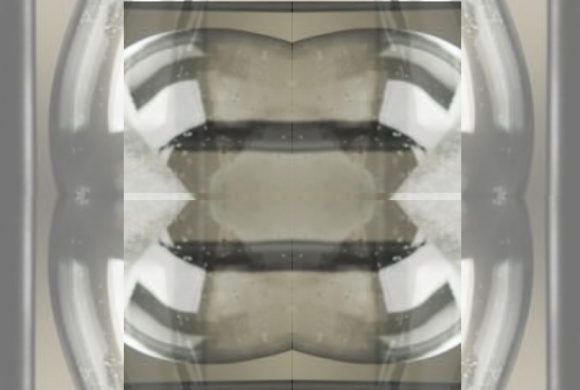When I was in my late teens, I became haunted by a ghost. The experience was sudden and hit me unexpectedly. After a while, it faded away. But then it popped up again irregularly over the course of several years: whenever that happened, it was suddenly entirely present in bright, nuanced images and invariably gave me shudders of a peculiar and very intense quality. To this day, I’m not entirely free of such episodes, although they return in much wider intervals now and have lost most of their original immediacy and overwhelming strength. (Mostly, I like to believe, thanks to my having intellectualized and integrated it to some extent into my conscious views).
And yet, although in that episode which started my haunting I had seen a ghost, I had seen nothing which thousands of others hadn’t also seen; and presumably they hadn’t just seen what I have seen, but quite likely had understood at least as much of it as I had (in general, they probably understood much more than I had, or still have).

What I had seen was a movie: Alfred Hitchcock’s Vertigo.
1. I think most would agree that this is a psychologically very effective film: it stirs up emotions. Some flow from the human drama of loss and betrayal, especially at the inevitable tragical ending. Some certainly have to do with the subtle art of atmosphere and suspense for which Hitchcock is deservedly famous: the long silences, haunting imagery, brilliantly employed visual effects. The congenial soundtrack by Bernard Herman has a share in it, too. Last but not least, the story plays with allusions to the supernatural, and also features psychotic and depressive states of mind — all enough to provoke some shudders in anyone with a bit of sensitivity.
Still, most people would perhaps not necessarily describe the effect of the movie as a haunting: partly because other films (and indeed novels, paintings, etc.) might have similar effects to varying degrees, which makes this one not special; and partly because most people would probably not have felt the effects in the form of recurring episodes that awakened the images afresh and generated the same emotional intensity over and over again. This kind of non-abating obsession was peculiar. (And that, of course, is what we define as ‘haunting’.) But my guess is that, if some others had the same kind of experience, it would have been likely this film rather than just any other emotionally charged motion picture; and if they had, they will probably also have experienced this particular emotional shock as bearing some kind of rare quality.
So a haunting, it seems to me, must be by personal by definition. It is a subjective effect, not a repeatably observable, intersubjective quality. It is what film theory or, more broadly, a theory of the arts, would study under the heading of ‘reception aesthetics’ not ‘production aesthetics’: a phenomenon of perception, not an inherent attribute of the work as such. It would be hard to see its causes in personality, if we understand personality as mere empirical history of the person’s experience; but it would be based in the individual Self of that person in the Jungian sense, i.e. covering both personal psychology and archetypal situation, ‘constellated’ dominants of the collective unconscious. To be caught in a pattern such as the one I have called a haunting, then, is something that happens to some people and doesn’t happen to others.
These elements (recognizable, probably, as what Freud has called the ‘uncanny’, and Jung and others, following Otto, dubbed ‘numinous’) are what led me to labelling my experience with that film as a haunting. But what exactly was it that did the haunting? Who was the ghost?
[Continued here.]




[…] [This continues a previous line of thought.] […]
[…] I left off this line of thought in my previous post, I concluded that ghosts are a different sort of thing than persons. They are […]
[…] ghost, I have written, is not a person; in fact, the term doesn’t designate any empirically discernible […]